Description
Urad Dal Pollination Service
Urad dal (black gram) plays a crucial role in agriculture due to its high protein content and soil-enriching properties. Farmers aiming for better yields and higher-quality crops need effective pollination. While urad dal is self-pollinating, honeybee pollination significantly improves seed setting, uniformity, and overall production. By integrating honeybee pollination, farmers can enhance yield by 20% to 40%, ensuring better financial returns and a sustainable farming approach.
How Honeybees Improve Urad Dal Pollination
Honeybees act as efficient pollinators by increasing cross-pollination, resulting in better pod formation and seed development. Their frequent visits ensure proper pollen transfer, which leads to a higher number of well-filled pods. Additionally, honeybee pollination contributes to plant health, making crops more resilient to environmental stress. Studies indicate that farms utilizing managed bee pollination witness improved flowering, better pod setting, and higher seed weight, ultimately increasing market value.
Furthermore, honeybee pollination enhances biodiversity, promoting a balanced ecosystem. Since urad dal is a nitrogen-fixing crop, its enhanced growth due to bee activity also improves soil fertility, benefiting future cultivation cycles.
Key Benefits of Our Urad Dal Pollination Service
- Increases Yield – Enhances seed production by 20% to 40%, leading to higher farmer profits.
- Improves Seed Quality – Ensures well-filled pods, uniform seed size, and better market value.
- Eco-Friendly & Chemical-Free – Eliminates the need for pesticides, encouraging sustainable farming.
- Cost-Effective & Efficient – Requires only 4 to 6 beehives per hectare, making it an affordable solution.
- Supports Soil Health & Biodiversity – Strengthens soil fertility and encourages a balanced ecosystem.
A Sustainable Future with Honeybee Pollination
Our Urad Dal Pollination Service provides a natural, cost-effective, and eco-friendly solution for boosting crop productivity. With zero pesticide requirements, farmers can achieve healthier crops and higher yields while reducing input costs. By adopting honeybee pollination, growers can experience improved pod formation, better seed development, and increased profitability.
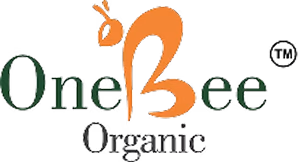


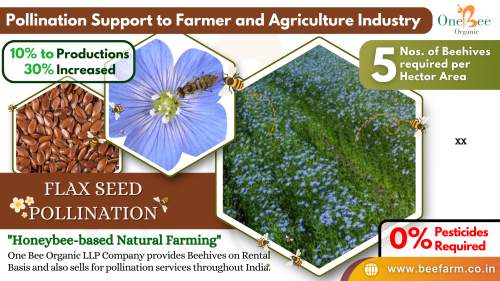
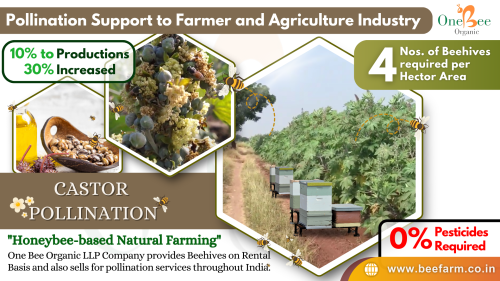
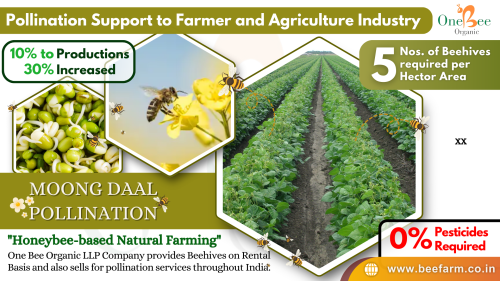
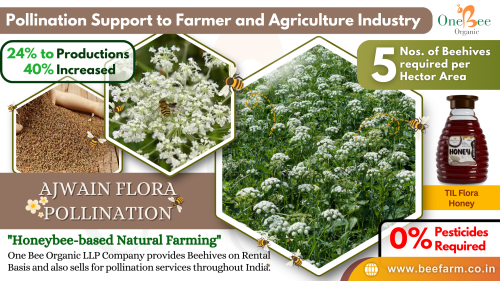
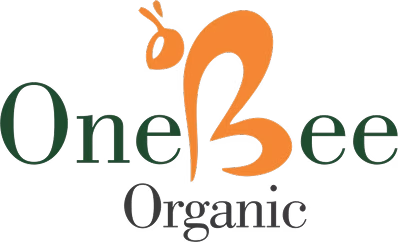
Reviews
There are no reviews yet.